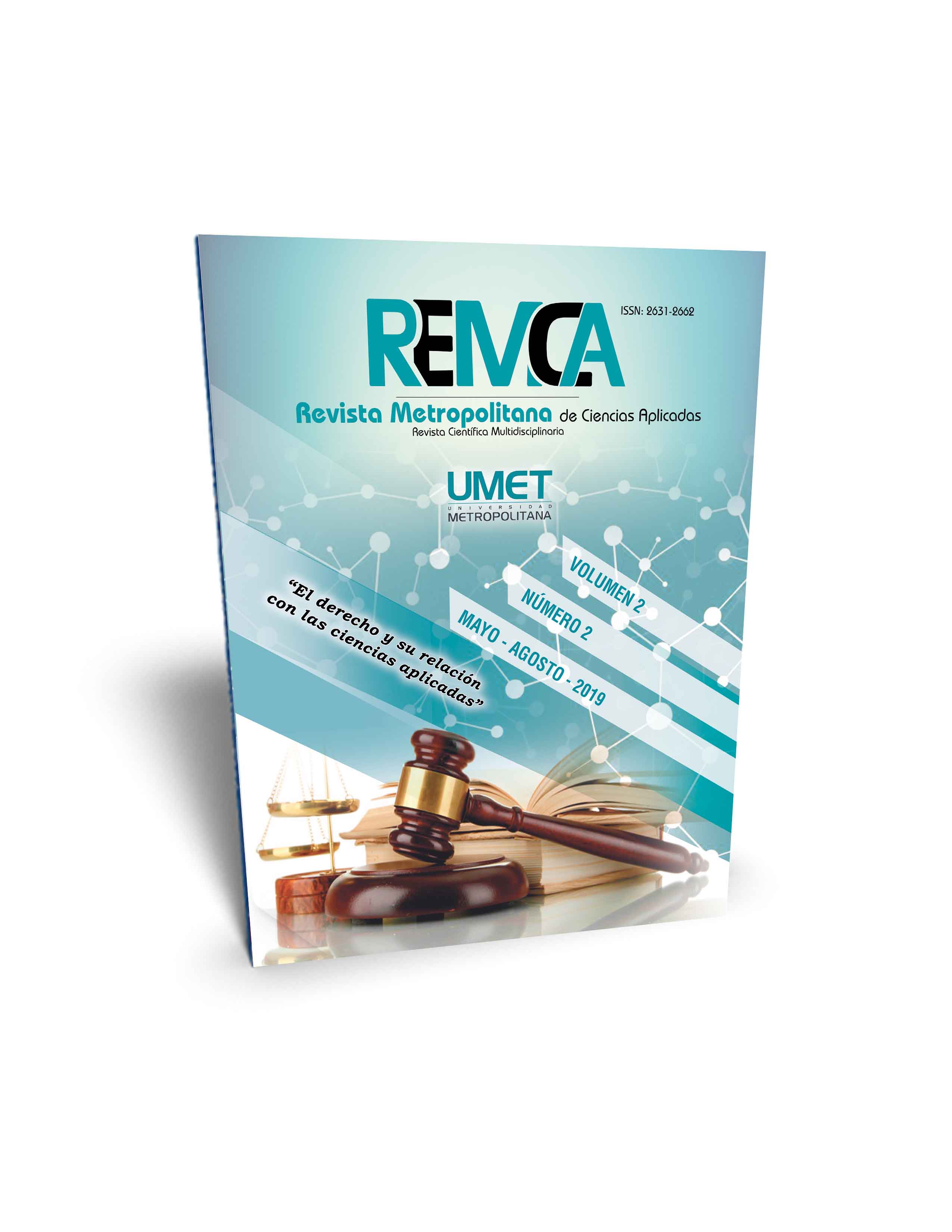Diagnosis of socio-emotional skills in university students towards tutoring
DOI:
https://doi.org/10.62452/4bwrj379Keywords:
Teaching, socio-emotional skills, teachers in trainingAbstract
This report describes the research work that has had the purpose of characterizing the socio-emotional competencies that predominate in a group of university students of the Education Sciences career, where one of the main aspirations is to be a teacher. For them, a Socio-Emotional Skills scale was constructed, which allowed us to inquire about the teaching practice and its relationship with the socio-emotional skills they identify. The instruments were applied to a population selected in a non-probabilistic way for convenience to teachers in training. In both scales, it is evident that the participants have developed socio-emotional competencies; However, there is a need to go deeper into the reflexive aspect and the analysis capacity to promote more personal tools when it comes to educational practice.
Downloads
References
Barrera, M. L., & Flores, M. M. (2015). Construcción de una Escala de Salud Mental Positiva para Adultos en Población Mexicana. Revista Iberoamericana de Diagnóstico y Evaluación, 22-33. Recuperado de www.redalyc.org/pdf/4596/459645431003.pdf
Bisquerra, R. (2005). La educación emocional en la formación del profesorado. Revista Interuniversitaria de Formación del Profesorado, 19(3), 95-114. Recuperado de http://www.redalyc.org/pdf/274/27411927006.pdf
Bisquerra, R., & Pérez, N. (2007). Las competencias emocionales. Educación XXI, 10, 61-82. Recuperado de http://www.ub.edu/grop/wp-content/uploads/2014/03/Las-competencias-emocionales.pdf
Cejudo, J., Lopez-Delgado, M. L., Rubio, M. J., & Latorre, J. M. (2015). La formación en educación emocional de los docentes: una visión de los futuros maestros. REOP, 26(3), 45-62. Recuperado de https://www2.uned.es/reop/pdfs/2015/26-3%20-%20Cejudo.pdf
Cuadra, A., Veloso, C., Moya, Y., Reyes, L., & Vilca, J. (2010). Efecto de un programa de Psicología Positiva e Inteligencia Emocional sobre la satisfacción laboral y vital. Revista Salud & Sociedad, 1(2), 101-112. Recuperado de http://www.redalyc.org/pdf/4397/439742463004.pdf
Díaz Barriga, F., & Hernández, G. (2010). Estrategias Docentes para un Aprendizaje Significativo. Una interpretación constructivista. México: McGraw-Hill.
Escartín, J., Ceja, L., Sora, B., Ferrer, V., & Celdrán, M. (2011). El efecto moderador del género en la relación entre el flow y el desempeño académico. III Congreso Internacional de Nuevas Tendencias en la Formación Permanente del Profesorado Barcelona: Universidad de Barcelona.
Fragoso, R. (2015). Inteligencia emocional y competencias emocionales en educación superior, ¿un mismo concepto? Universia, 6(16), 110-125. Recuperado de http://www.scielo.org.mx/pdf/ries/v6n16/v6n16a6.pdf
Fredrickson, B. L. (2001). The role of Positive Emotions in Positive Psychology. National Institute of Health, 56(3), 218-216. Recuperado de https://www.ncbi.nlm.nih.gov/pmc/articles/PMC3122271/
Marchesi, A., & Díaz, T. (2008). Las emociones y los valores del profesorado. Madrid: Fundación Santa María.
México. Universidad Autónoma del Estado de Hidalgo. (2015). Modelo Educativo. Pachuca de Soto: UAEH.
México. Universidad Autónoma del Estado de Hidalgo. (2018). Dirección de Superación Académica. Obtenido de programa de formación en competencias pedagógicas para la práctica docente. Pachuca de Soto: UAEH.
Oganización de las Naciones Unidas para la Educación, la Ciencia y la Cultura (1998). Declaración mundial sobre la educación superior en el siglo XXI: Visión y Acción & Marco de acción prioritaria para el cambio y el desarrollo de la educación superior. Paris: UNESCO:
Pérez, M. J. (2005). La formación permanente del profesorado ante los nuevos retos del sistema educativo universitario. Revista Electrónica Interuniversitaria de Formación del Profesorado, 8(1), 1-4. Recuperado de https://www.aufop.com/aufop/uploaded_files/articulos/1228490525.pdf
Pérez-Escoda, N., Velar, K., & Ruiz-Bueno, A. (2014). Competencias emocionales y depresión en cuidadores familiares de personas mayores dependientes. Ansiedad y Estrés, 20(2-3), 181-191. Recuperado de http://pesquisa.bvsalud.org/portal/resource/pt/ibc-130755
Downloads
Published
Issue
Section
License
Copyright (c) 2019 Karla Gabriela Aguilar Islas, Javier Moreno Tapia, Alma Delia Torquemada (Autor/a)

This work is licensed under a Creative Commons Attribution-NonCommercial-ShareAlike 4.0 International License.
Authors who publish in Revista Metropolitana de Ciencias Aplicadas (REMCA), agree to the following terms:
1. Copyright
Authors retain unrestricted copyright to their work. Authors grant the journal the right of first publication. To this end, they assign the journal non-exclusive exploitation rights (reproduction, distribution, public communication, and transformation). Authors may enter into additional agreements for the non-exclusive distribution of the version of the work published in the journal, provided that acknowledgment of its initial publication in this journal is given.
© The authors.
2. License
The articles are published in the journal under the Creative Commons Attribution-NonCommercial-ShareAlike 4.0 International License (CC BY-NC-SA 4.0). The terms can be found at: https://creativecommons.org/licenses/by-nc-sa/4.0/deed.en
This license allows:
- Sharing: Copying and redistributing the material in any medium or format.
- Adapting: Remixing, transforming, and building upon the material.
Under the following terms:
- Attribution: You must give appropriate credit, provide a link to the license, and indicate if any changes were made. You may do this in any reasonable manner, but not in any way that suggests the licensor endorses or sponsors your use.
- NonCommercial: You may not use the material for commercial purposes.
- ShareAlike: If you remix, transform, or build upon the material, you must distribute your creation under the same license as the original work.
There are no additional restrictions. You may not apply legal terms or technological measures that legally restrict others from doing anything the license permits.




